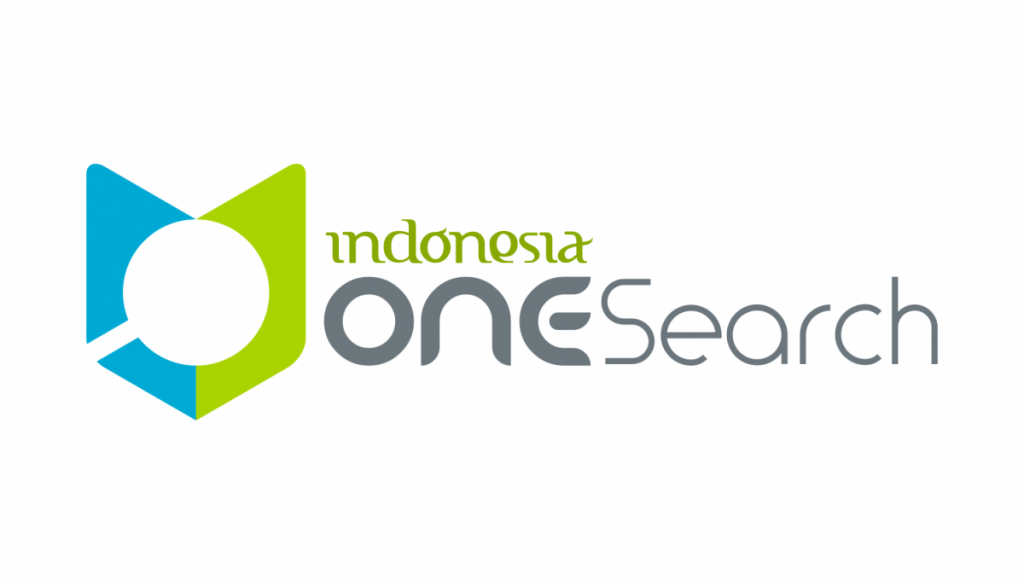Kegiatan ‘Mystery Box’ untuk Melihat Pemaknaan Kata ‘Anjing’ sebagai Bahasa Keseharian
 Abstract views: 134
,
Abstract views: 134
,
 pdf downloads: 113
pdf downloads: 113
Abstract
The use of the word 'Anjing' (dog) as part of everyday language in Indonesia has undergone a cultural transformation. The word, originally defined as an animal, has shifted in meaning to become a term expressing a myriad of emotions, often used as a curse word. This social phenomenon is designed to capture the various interpretations of the word 'Anjing', both its original meaning (langue) and the meanings it has acquired over time (parole). This theme is significant in understanding the intentions behind the use of the word 'Anjing' in everyday language, whether it is used as an insult towards others or as a word devoid of meaning. The social activity employs an experimental method through the installation of an art exhibit called the 'mystery box', containing numerous writings related to the word 'Anjing', as well as audio and video displaying vocalizations of dogs. The results show that late adolescent and early adult subjects quickly interpret the word 'Anjing' as an insult. In contrast, early adolescent, late adult, and elderly subjects interpret 'Anjing' as an animal, without any tendency towards using it as an insult. This is supported by the use of different insults in the past and indicates the position of insults as cultural artifacts. Furthermore, the experiment serves as a reminder that each individual has a different interpretation of things, which cannot be imposed by others due to their differing experiences and knowledge.
Copyright (c) 2024 Faridhian Anshari, Helencia Putri Permata Sari, Heni Suryani

This work is licensed under a Creative Commons Attribution 4.0 International License.
Copyright Notice
Authors who publish with this journal agree to the following terms:
- Authors retain copyright and grant the journal right of first publication with the work simultaneously licensed under a Creative Commons Attribution License that allows others to share the work with an acknowledgement of the work's authorship and initial publication in this journal.
- Authors are able to enter into separate, additional contractual arrangements for the non-exclusive distribution of the journal's published version of the work (e.g., post it to an institutional repository or publish it in a book), with an acknowledgement of its initial publication in this journal.
- Authors are permitted and encouraged to post their work online (e.g., in institutional repositories or on their website) prior to and during the submission process, as it can lead to productive exchanges, as well as earlier and greater citation of published work (See The Effect of Open Access).

















